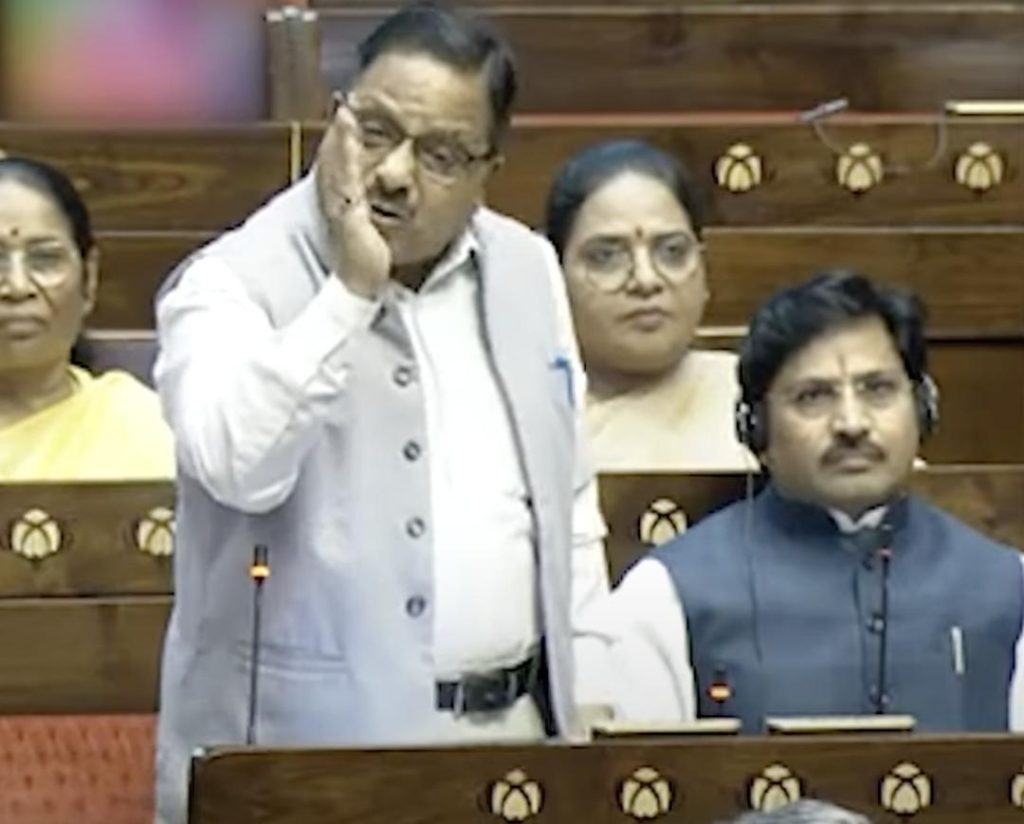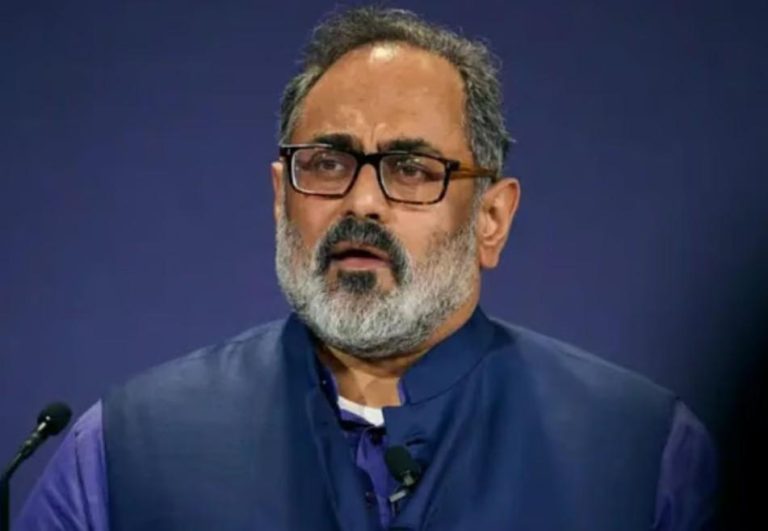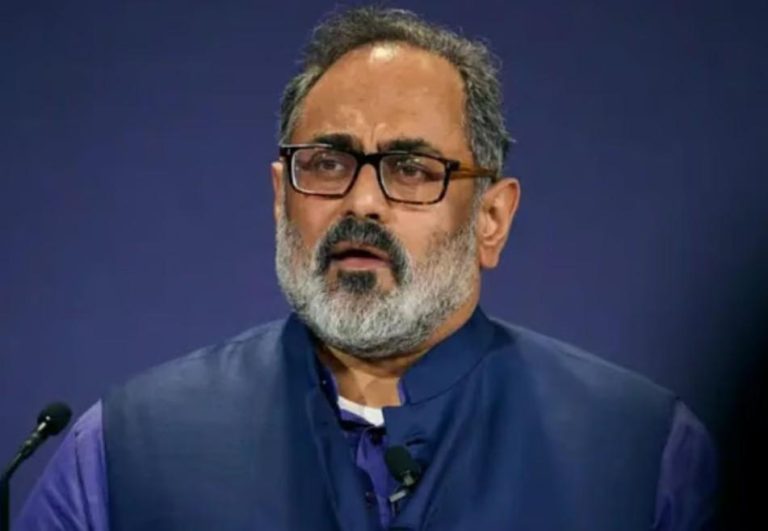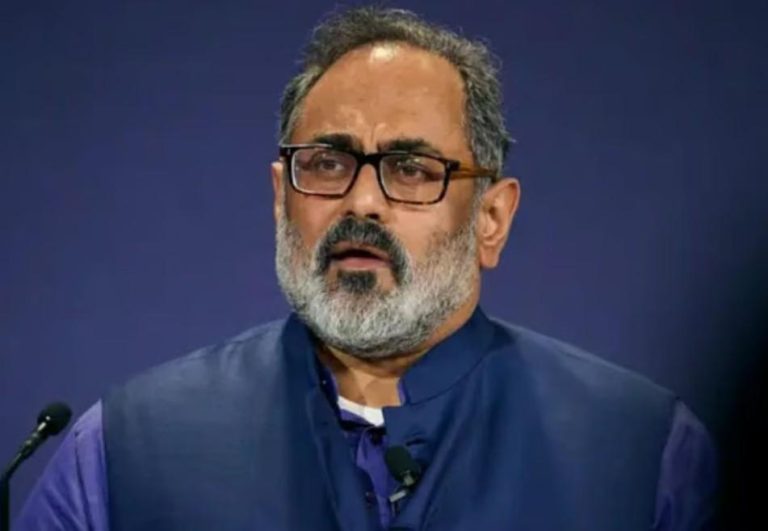
Should I Read Quran and Tell You What’s Written in It: BJP MP Radha Mohan Das on Waqf Bill
In a recent turn of events, a heated debate erupted in the Indian parliament during the discussion of the Waqf Bill. BJP MP Radha Mohan Das sparked a controversy when he suggested that he should read the Quran and reveal what is written in it. The statement was made in response to the claims made by the Waqf Board regarding their properties and assets.
The Waqf Bill is aimed at reforming the Waqf Board, which is responsible for managing properties and assets donated for charitable purposes. However, the BJP MP questioned the transparency and accountability of the board, alleging that they were misusing their powers and not maintaining proper records.
Radha Mohan Das, a senior BJP leader, stated that he would like to read the Quran and understand what it says about the management of properties. He pointed out that the Quran emphasizes the importance of maintaining written records, even if it is just one rupee. He then referred to the Waqf Board’s properties, saying, “The Quran says that even if one rupee is given to anyone, there should be a written record…And you say you have so many properties without a record.”
The BJP MP’s statement was met with strong reactions from the opposition parties, who accused him of trying to politicize the issue and disrespecting the religious sentiments of the Muslim community. The Waqf Board also responded to the allegations, stating that they were committed to transparency and accountability and that their properties were managed in accordance with the law.
However, Radha Mohan Das’ statement has raised important questions about the governance of the Waqf Board and the need for greater transparency and accountability. The Waqf Board is responsible for managing properties and assets worth billions of rupees, and it is essential that they are managed in a transparent and accountable manner.
The BJP MP’s suggestion to read the Quran and understand its teachings on property management is also an important one. The Quran does indeed emphasize the importance of maintaining written records and being transparent in one’s dealings. For example, the Quran states, “And when you give your word, say the truth, even if it is grievous to one who is bent on denying the truth” (Quran 2:283).
Similarly, the Quran emphasizes the importance of being honest and transparent in one’s dealings. It states, “O you who believe! Be honest in your dealings, and when you contract a debt for a fixed term, write it down, and let the scribe write it down with fairness” (Quran 2:282).
In light of these teachings, Radha Mohan Das’ suggestion to read the Quran and understand its teachings on property management is a valid one. It is essential that the Waqf Board and other organizations responsible for managing properties and assets are transparent and accountable in their dealings.
The controversy surrounding the Waqf Bill has also highlighted the need for greater awareness and understanding of the Quran and its teachings. The Quran is a sacred book that is revered by millions of Muslims around the world, and it is essential that its teachings are understood and respected.
In conclusion, Radha Mohan Das’ statement about reading the Quran and understanding its teachings on property management is a valid one. It is essential that the Waqf Board and other organizations responsible for managing properties and assets are transparent and accountable in their dealings. The Quran emphasizes the importance of maintaining written records and being honest and transparent in one’s dealings, and these teachings are essential for good governance and accountability.
Source: https://www.youtube.com/watch






